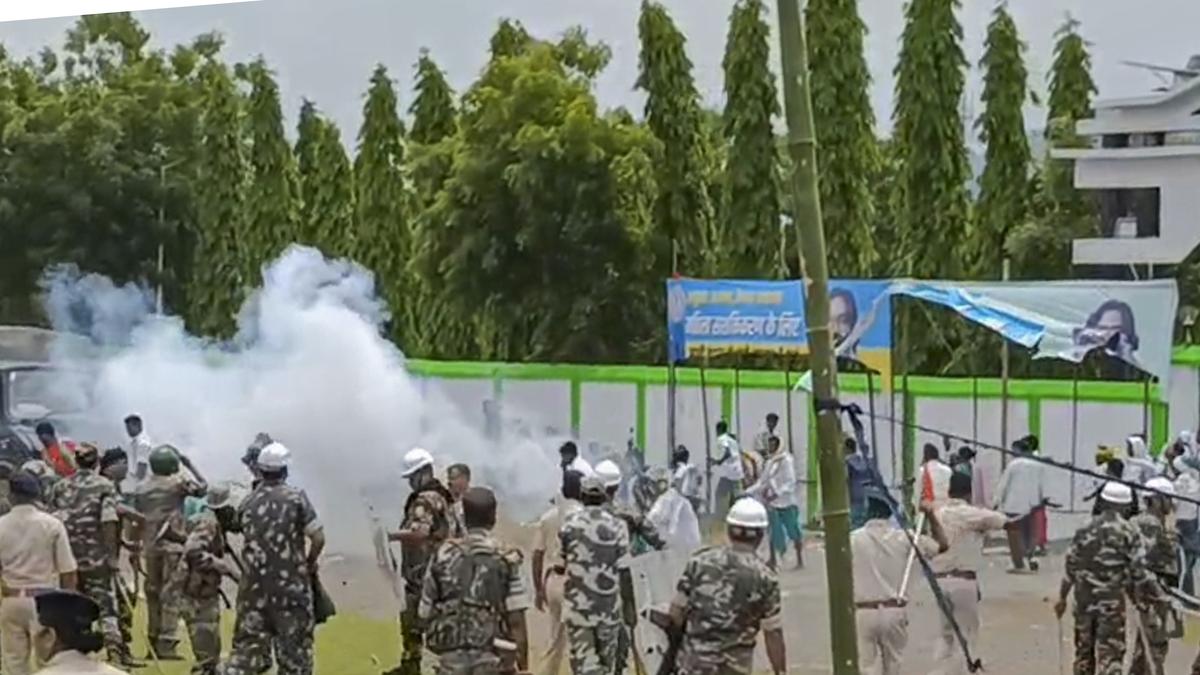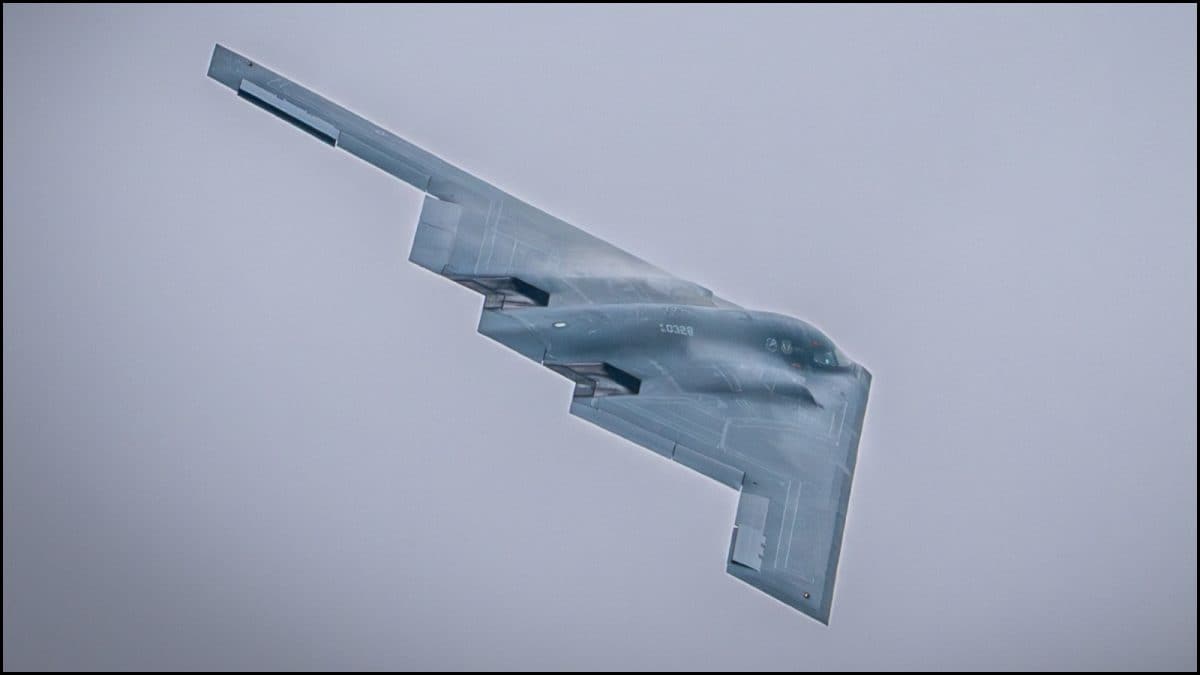In a move aimed at streamlining fare structures and enhancing the financial sustainability of passenger services, the Ministry of Railways has rationalised the basic fare of passenger train services, with the revised structure set to take effect from July 1.
There will be no change in suburban single journey fares or season tickets for both suburban and non-suburban routes.

For ordinary non-AC classes on non-suburban trains, Second Class fares have been increased by half a paisa per kilometre, with no change applicable for travel up to 500 km. Beyond this threshold, the increase will be ₹5 for distances between 501 and 1,500 km, ₹10 for distances between 1,501 and 2,500 km, and ₹15 for distances between 2,501 and 3,000 km. Sleeper Class and First Class fares will also see an increase of 0.5 paisa per kilometre.

In the case of Mail and Express trains (non-AC), fares for Second Class and First Class passengers have been hiked by one paisa per kilometre.
For AC classes in Mail and Express trains, fares will rise by two paise per kilometre across all categories — AC Chair Car, AC 3-Tier and 3-Economy, AC 2-Tier, and AC First/Executive Class/Executive Anubhuti.

The revision will also apply to premier and special trains such as Rajdhani, Shatabdi, Duronto, Vande Bharat, Tejas, Humsafar, Amrit Bharat, Mahamana, Gatimaan, Antyodaya, Jan Shatabdi, Yuva Express, AC Vistadome coaches, Anubhuti coaches, and ordinary non-suburban services in accordance with the revised class-wise fare structure.
Ancillary charges such as reservation fees, superfast surcharges, and others remain unchanged. GST will continue to be levied as per the applicable rules, the Indian Railways spokesperson said.
The Ministry has issued directives to all zonal railways for the smooth implementation of the revised fare structure. Zonal railways have also been instructed to update fare displays at all stations.
According to data available with the Ministry, Indian Railways carried 715 crore passengers during the financial year April 2024–March 2025. Of these, 81 crore passengers travelled in AC and Sleeper Class, while 634 crore travelled in the unreserved category. Passenger revenue during the period stood at ₹75,750 crore.
The revision marks the first hike in train fares in five years. M. Jamshed, former Member (Traffic) of the Railway Board, described the increase of one to two paise per kilometre as “a rationalisation that was long overdue”.
“This hike shall contribute an additional ₹1,500 crore to ₹1,600 crore in passenger revenues. Similar fare hikes took place in 2013, 2014, and in 2020,” Mr. Jamshed told The Hindu.
He, however, noted that Indian Railways continues to face challenges in achieving financial sustainability. “FY2024–25 has closed with total earnings below the budgetary estimates. Passenger revenue did increase to ₹75,457 crore but remained below the projected ₹80,000 crore,” he said.
“With freight incremental loading of 26 million tonnes — from 1,591 to 1,617 million tonnes — the revenue generation was marginal,” Mr. Jamshed added. “Stiffer targets for FY2025–26, including ₹92,000 crore in passenger revenue, are unlikely to be achieved.”



.png)
.png)
.png)
















 6 hours ago
4
6 hours ago
4









 English (US) ·
English (US) ·